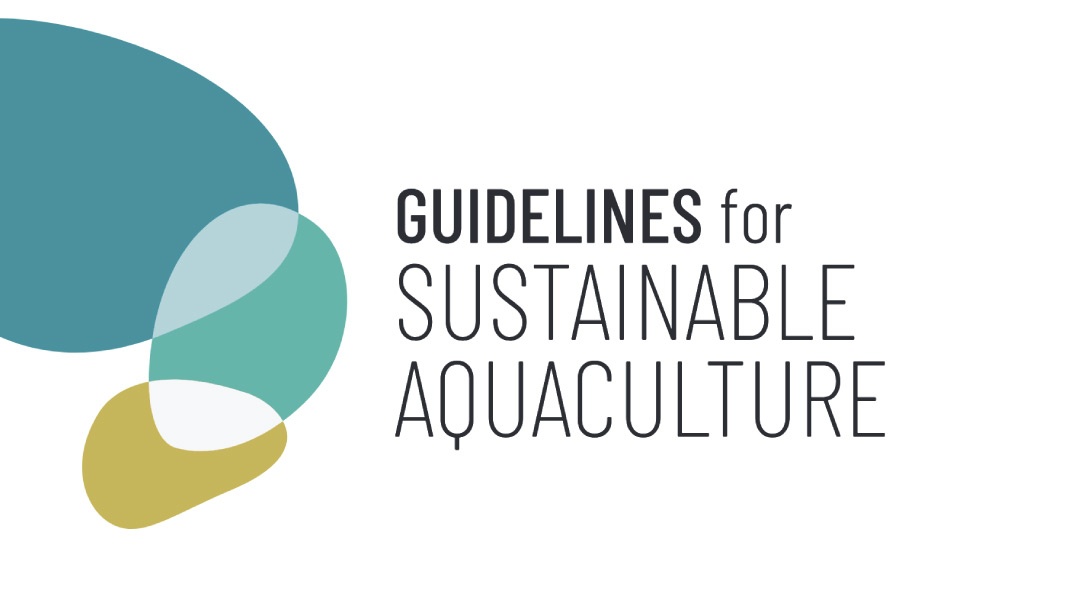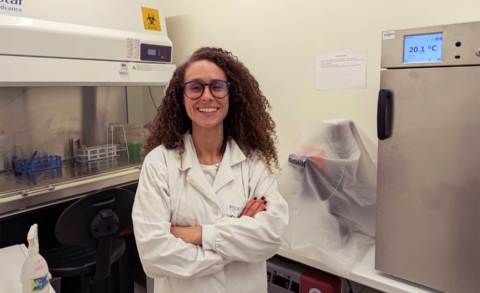
The Food and Agriculture Organization (FAO) has officially released the Guidelines for Sustainable Aquaculture, marking a significant step towards managing the rapid expansion of the world’s fastest-growing food production sector. Developed through an inclusive and transparent process guided by the Sub-Committee on Aquaculture of the FAO Committee on Fisheries, the guidelines provide a comprehensive framework to assist members and other stakeholders in implementing the 1995 Code of Conduct for Responsible Fisheries.
The growth of aquaculture, driven by technological innovations and an escalating global demand for aquatic foods, has highlighted the urgent need for robust management strategies to sustain its expansion without sacrificing environmental integrity or social equity. The guidelines address these challenges, proposing strategies to alleviate the adverse impacts associated with aquaculture while promoting sustainable practices.
Key elements of the guidelines include enhancing governance frameworks, improving resource management, and ensuring social responsibility within the aquaculture sector. The guidelines stress the importance of balancing economic growth with environmental conservation and social equity, aiming to support nations in their pursuit of sustainable aquaculture as a means to achieve food security and economic development.
The guidelines were developed and finalised through a process that included a draft review in May 2022, followed by finalisation in January 2023, and formal adoption by the 36th Session of the FAO Committee on Fisheries in July 2024.
This initiative reflects FAO’s commitment to supporting innovative and resilient solutions that can help accelerate the transformation towards more efficient, inclusive, and sustainable agrifood systems globally. As aquaculture continues to outpace capture fisheries in meeting the global demand for aquatic animals, the timely introduction of these guidelines promises to steer the sector towards more sustainable practices and a stable food supply for future generations.
Strategic Framework for Sustainable Aquaculture
States should recognise and prioritise aquaculture in national food development strategies and ensure integration within national food security, nutrition, health, and climate policies. The guidelines recommend that States designate a competent authority for aquaculture, which helps streamline the administration and reduce bureaucratic hurdles.
The guidelines advocate the use of recirculating aquaculture systems (RAS) to minimise water use and pollution. Examples include integrated multi-trophic aquaculture (IMTA), where the waste from one species is utilised as feed for another.
The document champions the conservation of aquatic biodiversity and genetic resources, emphasising the management of farm escapes to prevent genetic dilution of wild populations.
Regarding social responsibilities, decent work, and gender equality, the guidelines promote equitable access for women to resources and training in aquaculture. They suggest developing gender-specific indicators for monitoring and policy development and encourage the inclusion of youth through educational programmes and by promoting entrepreneurship within the sector.
The Guidelines for Sustainable Aquaculture advocate for the development of transparent and sustainable aquaculture value chains that consider environmental, social, and economic factors. They advocate for the establishment of standards and mutual recognition agreements to facilitate international trade.


